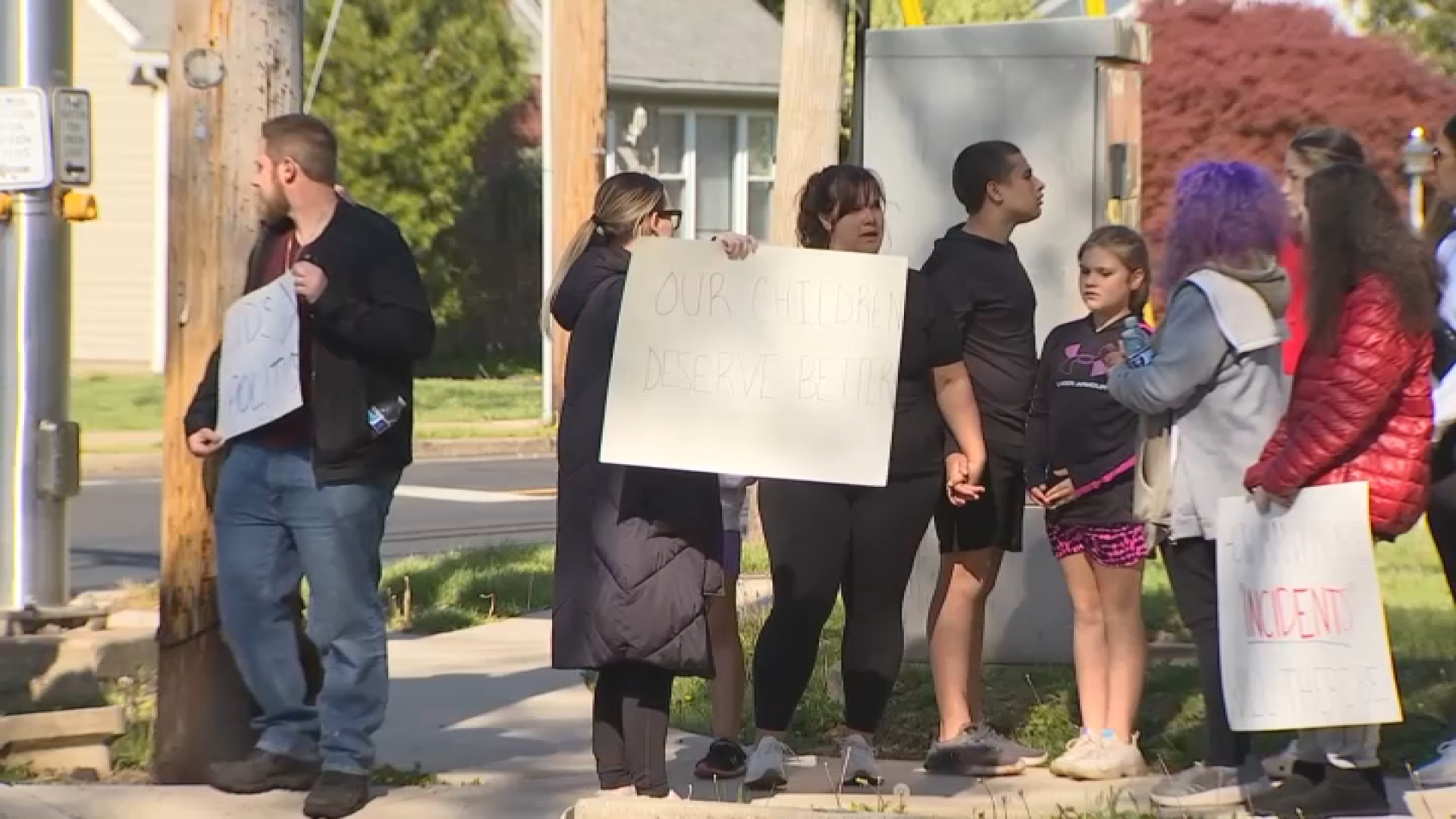When police officers arrived at a home in Pottstown, Montgomery County, on Friday, they found Mary Hatfield dead in her living room.
Hatfield's husband, Michael, allegedly admitted to the officers that he strangled his wife to death with an extension cord following an argument Wednesday night. He has been charged with first-degree murder.
The violent attack came up Monday during a conference call among local leaders in the fight against domestic violence. The Hatfield killing is an extreme example of what they believe is rising violence amid the coronavirus pandemic, as victims of abusive partners are held captive by the government lockdown.
"You put people where there is already pent-up hostility and we all have our moments of anxiety right now," said Maria Macaluso, executive director of the Women's Center of Montgomery County. "The pandemic just exacerbates it."
Research shows violence increases during natural disasters, according to Julie Bancroft of the Pennsylvania Coalition Against Domestic Violence said research shows
"When there's a natural disaster, crises or families are spending more time together, (and) that there is typically an increase in violence," Bancroft said. "We think what's happening is victims are being forced to shelter in place with their abusers and they may not be able to safely make phone calls to get help."
Beth Sturman, executive director of Laurel House in Norristown, says her domestic violence response team has seen a slight increase in calls in the weeks since the spread of COVID-19.
Local
Breaking news and the stories that matter to your neighborhood.
"We are seeing a bit of an uptick in calls from law enforcement, so we currently work with folks who have been able to get out once law enforcement responded to a domestic and contacted us for help," Sturman said. "It's often a person with children."
Courts continue to process protection-from-abuse orders. Although hours are limited, domestic violence advocates says the orders are getting processed with few problems.
"What we've seen is that the courts have been very responsive in processing emergency and temporary protection from abuse orders," Sturman said. "What they're doing is extending the temporary protection orders until such time as it can be heard in court, which they are not doing right now. It has been extended indefinitely."
Domestic violence advocates often work side-by-side with those trying to get a protection from abuse order for the first time. But they can no longer accompany them in court due to changes in court rules since the coronavirus outbreak.
"It's scary to go in there alone. It's bad enough if you can go in with an advocate or family member, but when you have to go by yourself in front of a judge it can be overwhelming.," Macaluso said.
The challenges for people facing violence and abuse are many, especially during a national crisis requiring people to stay at home, trapped in a place that isn't safe.
"What makes it very tricky and complicated is if you live in the same house, it's difficult to get away," said Mary Onama, executive director of Victim Services of Montgomery County. "This is a critical situation for people who are having difficulty in families because you are in a confined environment. You cannot leave. You may not be able to escape."
There are advocates available in each county to help domestic violence victims.
If you need help, contact the National Domestic Violence Hotline: 1(800)799-7233. You can go to thehotline.org or text LOVEIS to 22522 to connect to a domestic violence advocate.



